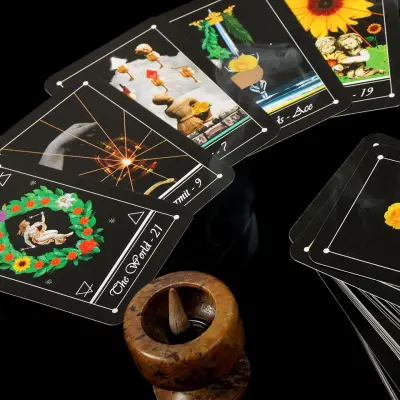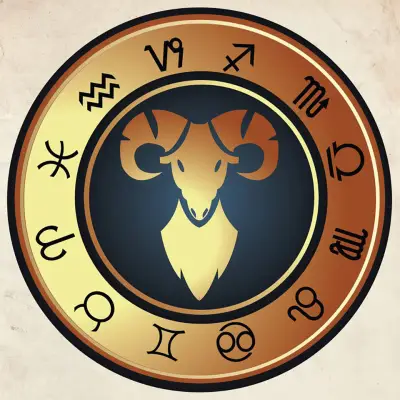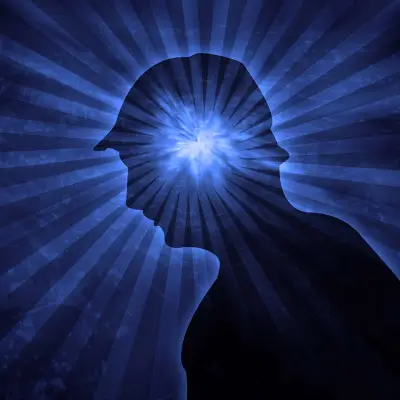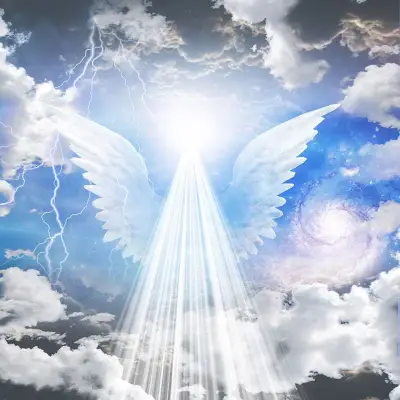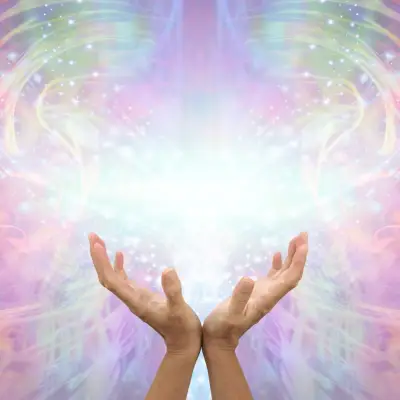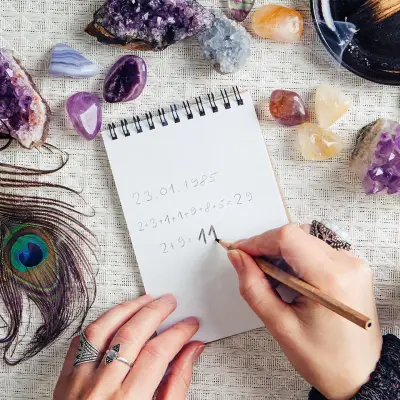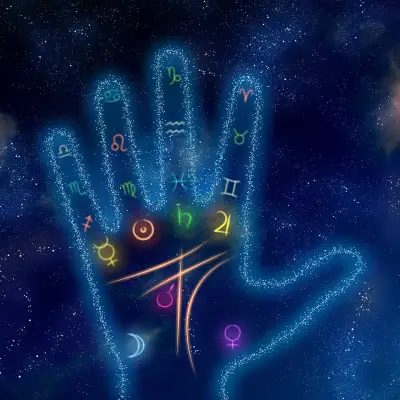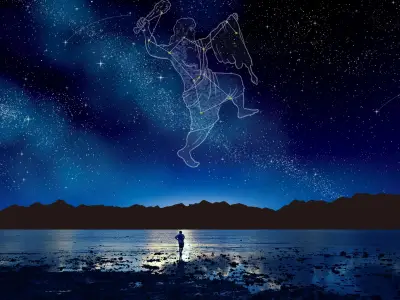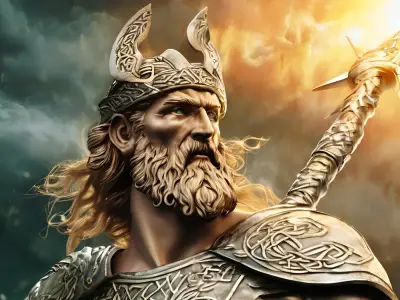Many of us are familiar with Western astrology, but did you know that the ancient Egyptians had their own system of zodiac signs? This fascinating aspect of Egyptian culture offers unique insights into personality traits and life paths. Our guide will take you on an enlightening journey through the Egyptian zodiac signs and their meanings.
Jump to:
What is the Egyptian Zodiac?
The Egyptian zodiac is a set of 12 signs, each associated with a different Egyptian deity and corresponding to specific dates within the calendar year. Ancient Egyptian astrologers believed these signs held the key to understanding someone’s character, destiny, and life events. These signs are deeply rooted in the mythology and culture of ancient Egypt, reflecting the traits and stories of the gods they represent.
Recommended for you!
Best SellersAre Egyptian Zodiac Signs Real?
Egyptian zodiac signs, like other astrological systems, are based on the ancient beliefs and observations of astrologers. While their scientific validity is debated, many people find personal and spiritual insights through these signs. The real value lies in the cultural and historical significance of these beliefs and how they can offer a unique perspective on your personality and life path.
The 12 Egyptian Zodiac Signs
1. The Nile (January 1-7, June 19-28, September 1-7, November 18-26)

The Nile is the source of life in Egypt, and those born under this sign are seen as calm, peaceful, and nurturing. They have a natural ability to bring people together and create harmony. The Nile individuals are often very patient and understanding, making them excellent friends and partners. They embody qualities similar to Cancer in Western astrology, reflecting their nurturing and empathetic nature.
2. Amon-Ra (January 8-21, February 1-11)

Amon-Ra is the king of the gods, symbolising power and leadership. People born under this sign are confident, ambitious, and naturally inclined to take charge. They are often seen as inspiring figures who can motivate others to achieve great things. The Western equivalent of Amon-Ra is Leo, known for its leadership and charisma.
3. Mut (January 22-31, September 8-22)

Mut, the mother goddess, represents nurturing and care. Those born under Mut are compassionate, protective, and very family-oriented. They have a strong sense of responsibility and are often the caregivers in their communities. Mut's characteristics align closely with Taurus in Western astrology, known for its reliability and nurturing nature.
4. Geb (February 12-29, August 20-31)

Geb is the god of the Earth, associated with stability and practicality. People under this sign are grounded, reliable, and hard-working. They have a deep connection to nature and often find peace in the natural world. The Western equivalent of Geb is Virgo, reflecting their practicality and attention to detail.
5. Osiris (March 1-10, November 27-December 18)

Osiris, the god of the afterlife, signifies transformation and renewal. Those born under Osiris are often very intuitive and insightful. They have a knack for seeing the bigger picture and can navigate life's changes with ease. Osiris shares traits with Scorpio in Western astrology, known for its depth and transformative abilities.
6. Isis (March 11-31, October 18-29, December 19-31)

Isis, the goddess of magic and healing, embodies creativity and resilience. People born under Isis are imaginative, resourceful, and strong-willed. They can overcome obstacles and bring about positive change. Isis is similar to Pisces in Western astrology, reflecting their creativity and emotional strength.
7. Thoth (April 1-19, November 8-17)

Thoth is the god of wisdom and knowledge. People born under Thoth are intellectual, analytical, and curious. They have a thirst for learning and excel in fields that require deep thought and understanding. The Western equivalent of Thoth is Aquarius, known for its innovation and intellectual pursuits.
8. Horus (April 20-May 7, August 12-19)

Horus, the god of the sky, represents vision and protection. Those born under this sign are optimistic, courageous, and natural protectors. They have a strong sense of justice and are often driven by their ideals. Horus aligns with Aries in Western astrology, known for its courage and pioneering spirit.
9. Anubis (May 8-27, June 29-July 13)

Anubis, the god of the afterlife and mummification, symbolises guidance and introspection. People born under Anubis are often introspective, wise, and empathetic. They have a deep understanding of life's mysteries and are excellent counsellors. The Western equivalent of Anubis is Capricorn, known for its wisdom and introspective nature.
10. Seth (May 28-June 18, September 28-October 2)

Seth, the god of chaos and change, is associated with ambition and assertiveness. Those born under Seth are dynamic, resourceful, and determined. They thrive in challenging situations and are not afraid to take risks. Seth is similar to Gemini in Western astrology, reflecting their adaptability and dynamic energy.
11. Bastet (July 14-28, September 23-27, October 3-17)

12. Sekhmet (July 29-August 11, October 30-November 7)

Sekhmet, the goddess of war and healing, embodies strength and intensity. Those born under Sekhmet are powerful, passionate, and have a strong presence. They are natural leaders and can inspire others with their determination. Sekhmet shares traits with Scorpio in Western astrology, known for its intensity and transformative power.
Recommended for you!
Best SellersFrequently Asked Questions About Egyptian Zodiacs
How Do I Find My Egyptian Zodiac Sign?
Finding your Egyptian zodiac sign is easy. Simply consult our list above, and match your birth date with the zodiac sign.
How accurate are Egyptian zodiac signs compared to Western astrology?
Egyptian zodiac signs, like Western astrology, are based on ancient beliefs and observations. While the accuracy of both systems can be subjective and varies from person to person, many find insights and personal meaning in their zodiac sign. The key is to use these signs as tools for self-reflection rather than definitive predictions.
Can I have traits from more than one Egyptian zodiac sign?
It's possible to identify with traits from multiple zodiac signs. People are complex, and astrological signs are just one way to understand different aspects of your personality. You might find that you resonate with the characteristics of your main sign while also seeing elements of other signs in yourself.
Do Egyptian zodiac signs influence compatibility in relationships?
Similar to Western astrology, Egyptian zodiac signs can provide insights into relationship compatibility. Each sign has specific traits that may complement or clash with those of other signs. Understanding these dynamics can help you navigate relationships more effectively, but it's important to remember that compatibility is influenced by many factors beyond zodiac signs.
How did ancient Egyptians use zodiac signs in their daily lives?
Ancient Egyptians used zodiac signs as part of their broader astrological practices to make decisions, predict events, and understand personality traits. Astrologers in ancient Egypt would interpret the positions of the stars and planets to offer guidance on various aspects of life, including agriculture, politics, and personal matters.
Are there specific rituals or practices associated with Egyptian zodiac signs?
While specific rituals may not be widely documented, ancient Egyptians often incorporated astrology into their religious and ceremonial practices. For example, they might have performed rituals to honour the deities associated with their zodiac sign or sought astrological advice during important life events.
Can I use Egyptian zodiac signs for modern-day decision-making?
Many people find that incorporating ancient astrological systems like the Egyptian zodiac can provide valuable insights for modern-day decision-making. Whether it's for personal growth, relationship advice, or career guidance, the characteristics of your Egyptian zodiac sign can offer a unique perspective.
Can I incorporate Egyptian zodiac signs into my spiritual practice?
Many people incorporate elements of different astrological systems into their spiritual practices. You might choose to meditate on the traits of your sign, honour the associated deity, or use your sign's characteristics as a focus for personal development and self-reflection.
Are Egyptian zodiac signs related to other cultural astrology systems?
While Egyptian zodiac signs are unique to ancient Egyptian culture, there are similarities with other astrological systems in terms of using celestial observations to understand human traits and predict events. Comparing different systems can provide a broader perspective on astrology and its universal themes.
Study Astrology for £29
If you find the Egyptian zodiac and its meanings fascinating, why not learn more about astrology with our Astrology Diploma Course? This course is perfect for beginners and experienced learners, covering various astrological systems. For a limited time, you can enrol at a discounted price of £29.

